
Division Board
The Division Board is keen to welcome new members. It especially seeks to recruit younger scientists ready to make their debut on the international stage; or individuals who are keen to organise an activity such as a workshop or specialist symposium, or to contribute to the EFB European Congresses of Biotechnology. The current membership, and their responsibilities, are listed below. The Division co-Chairs (Marjan de Mey and Neil Dixon) would be pleased to hear from others who are keen to become involved in helping with the organisation of Division activities.
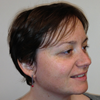
Co-chair
Marjan De Mey
Co-chair
Marjan De Mey obtained a PhD in Bioscience Engineering at Ghent University. She was visiting researcher at TU Delft (The Netherlands) and MIT (USA) and since 2011 she holds a position as professor in Metabolic Engineering at the faculty Bioscience Engineering of Ghent University where she leads the Metabolic Engineering group at the Centre for Synthetic Biology. Their researches focus on the development of novel tools and methods to fine tune metabolic pathways for the biosynthesis of chemically complex metabolites. These novel tools and technologies include several DNA parts libraries as well as efficient and rapid methods for constructing synthetic pathways, transferring them into prokaryotic or eukaryotic microbial systems, and screening them in a high-throughput manner. We apply these tools and methods to create custom designed microbes for the production of useful chemicals from renewable resources, in particular for the production of specialty carbohydrates and natural products. These molecules, or their direct precursors, have a myriad of high-added value applications in - among others- pharmaceuticals, food additives and cosmetics.
website │@mademey │email
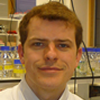
Co-chair
Neil Dixon
University of Manchester, UK
Dr. Neil Dixon is BBSRC David Phillips Research Fellow, based at the Manchester Institute of Biotechnology MIB, University of Manchester. His lab’s research interests are to enhance current capacity and incorporate new capability into microbial cell hosts for a variety of biotechnological applications. This broad area of activity is currently focused on: i) Developing novel RNA-based gene expression devices, and SynBio circuits for tunable recombinant protein expression, to address secretion and co-expression challenges and facilitate upstream bioprocess optimization. ii) developing novel protein and RNA-based bio-sensors to detect substrates, co-factors and products of relevance to Industrial Biotechnology.
website │email
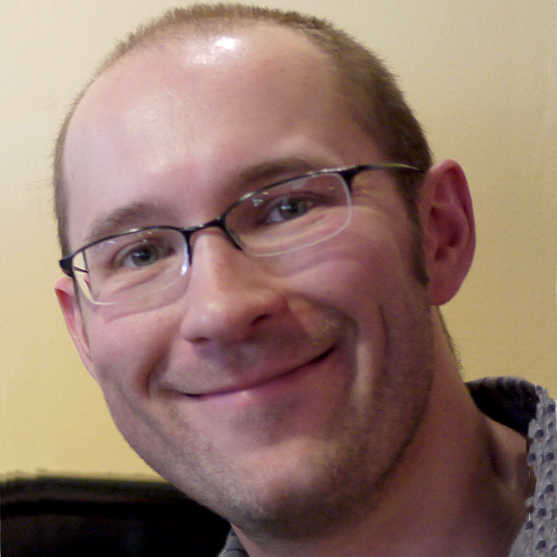
Treasurer
Jon Marles - Wright
Treasurer
Jon Marles-Wright is a Senior Lecturer in Microbial Biotechnology in the School of Biology at the Newcastle University. He trained as a biochemist and structural biologist working on diverse projects from immune recognition of bacterial lipids, environmental sensors in Gram positive bacteria and plant cell wall degradation. His current research employs structural biology methods complemented with biochemistry, biophysics and synthetic biology tools to understand metabolic compartmentalisation in bacteria. Through an understanding of the basic biology and design principles of metabolic compartments, we hope to use these as synthetic biology platforms for the production of valuable natural products, and to refactor these systems for use as containers and scaffolds for biotechnology applications. Jon teaches subjects ranging from structural to synthetic biology and was a 2015 SynBio LEAP fellow.
website │ @jmarlesw │ email
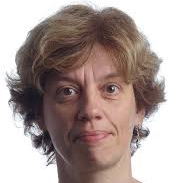
Flemish Institute of Technological Res., Belgium
Heleen De Wever
Flemish Institute of Technological Research, VITO. Belgium
Heleen De Wever is a Project Manager at the Flemish Institute of Technological Research (VITO) in Belgium and leads the Biotechnology team in the business unit Separation and Conversion Technology. The main research lines of the team are process intensification, valorization of biomass and CO2-to-product bioconversions. Technological approaches include the combination of separation technology with bioconversions for high cell density fermentations,in-situ product recovery, enzyme immobilization and/or selective product separation, tailoring of biomass towards defined oligomer fractions, and gas fermentations in explosion-proof conditions. Heleen is also involved in the MELiSSA project focussing on organic waste recycling and valorization in space conditions.
email

University of Freiburg, Germany
Barbara Di Ventura
University of Heidelberg, Germany
Barbara gained a degree in Computer Science from the University of Rome “La Sapienza” after which she obtained a Ph.D. in molecular biology at the EMBL, Heidelberg. In 2011 she became the leader of the “Molecular and Cellular Engineering group” at the BioQuant center, at the University of Heidelberg, where she stayed until summer 2017. From September 2017, the group moved to the University of Freiburg, where Barbara is now full professor. Her team is interested in understanding the mechanisms used by cells to control processes in space and time using an interdisciplinary approach that combines molecular and cellular biology with synthetic biology and mathematical modeling. A special focus of the lab is optogenetics, that is, the use of light to externally control protein function and localization in individual living cells.
website │ email

Masaryk University, Czech Republic
Pavel Dvořák
Masaryk University, Czech Republic
Pavel Dvořák is currently an Associate Professor and PI at Masaryk University, Brno, Czech Republic. He obtained his Ph.D. (2014) degree in Molecular Biology at Masaryk University. At that time, he was focused on protein engineering and the design of synthetic enzymatic cascades for the degradation of halogenated anthropogenic pollutants.
Pavel conducted post-doctoral research (2015 – 2018) in the laboratory of Víctor de Lorenzo in CNB-CSIC, Madrid, Spain. He was awarded a two-year Marie S. Curie fellowship for a project aimed at re-factoring the metabolism and cellular surface of bacterium Pseudomonas putida for the biotechnological processing of carbohydrates from lignocellulosic residues. In 2019, he established Microbial Bioengineering Laboratory (https://mik.sci.muni.cz/mbl) back at Masaryk University and since then has continued in taming environmental bacteria for the degradation and valorization of lignocellulosic substrates. This should be achieved through the engineering of P. putida´s metabolism, surface, and societal behavior. More recently, the group started developing genetic engineering tools for thermophilic bacterial producers of polyhydroxyalkanoates (bacterial bioplastics).
Besides research activities, Pavel is also involved in teaching, mentoring, and science popularization. He guarantees semestral courses and practices including a course on the basics of metabolic engineering and synthetic biology. He was one of the PIs of the first Brno iGEM team. He is a co-founder of the civic organization Biomania, which organizes student scientific conferences on biotechnology, bioengineering, and biomedicine.
website │ email
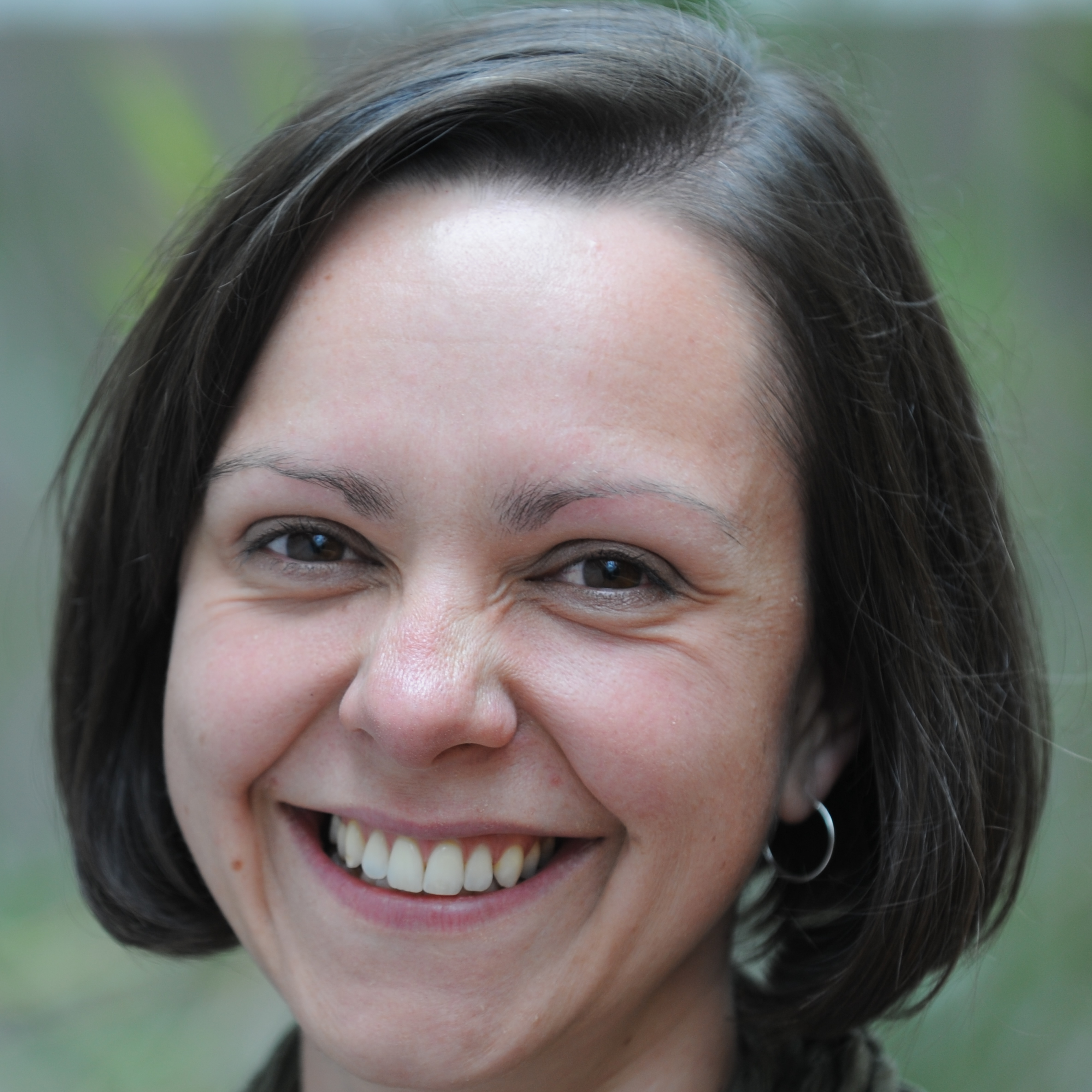
University of Edinburgh, UK
Louise Horsfall
University of Edinburgh, UK
Louise Horsfall is a lecturer in biotechnology within the multidisciplinary research centre for synthetic and system biology, SynthSys, at the University of Edinburgh. Research in the Horsfall lab seeks to employ synthetic biology tools to increase the energy efficiency and resource efficiency of applied biotechnology. Current challenges include the production of metallic nanoparticles and platform chemicals to incentivise the decontamination of waste, water and land by engineering microorganisms, adopting biological compartmentalisation methods and optimising enzymes and pathways. She is programme director of the MSc in Synthetic Biology and Biotechnology and teaches biotechnology to both undergraduates and postgraduates. She organises the section’s ‘Focus on…’ meeting series
website │ @lehorsfall │ email
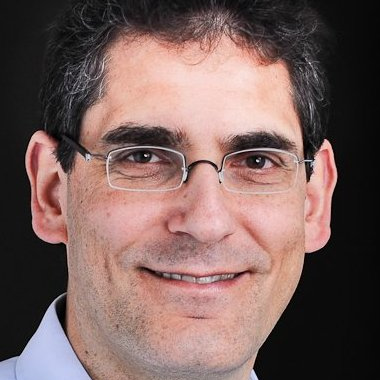
TU Berlin, Germany
Peter Neubauer
TU Berlin, Germany
Peter Neubauer is professor in bioprocess engineering at the Technische Universität Berlin (TU Berlin). Research in the Neubauer lab is directed to the development of robust bioprocesses with a focus on:
(i) Bioprocess scale up und scale down strategies including two – and three-compartment scale-down reactors.
(ii) Process analytical technologies (PAT) for the characterisation of industrial scale bioprocesses in terms of the reactor inhomogeneities with the aim for improved bioprocess control and product quality.
(iii) The development of a high throughput technology platform for the automated consistent development of bioprocesses. He is cofounder of the company BioSilta which develops the EnBase® biocatalyst based substrate delivery systems for a seamless scaling of controlled growth conditions.
website │ email

Novo Nordisk Foundation, Denmark
Pablo I. Nikel
Novo Nordisk Foundation, Denmark
Pablo I. Nikel is a Senior Researcher and group leader at the Novo Nordisk Foundation Center for Biosustainability (DTU Biosustain, Technical University of Denmark), and head of the Systems Environmental Microbiology group. He earned his Ph.D. in Molecular Biology and Biotechnology at the University of San Martin and the University of Buenos Aires in Argentina, and received a long-term fellowship from the EMBO and a Marie Skłodowska-Curie fellowship to work in Prof. V. de Lorenzo’s group in Spain. He joined DTU Biosustain in January 2017, where his team’s research is focused on developing synthetic biology approaches for advanced metabolic engineering of environmental bacteria from a systems biology perspective. The aim of the Systems Environmental Microbiology group is the rational programming of the soil bacterium and biotechnology platform Pseudomonas putida towards the synthesis of new-to-nature, added-value compounds.
website │ @pabloinik │ email
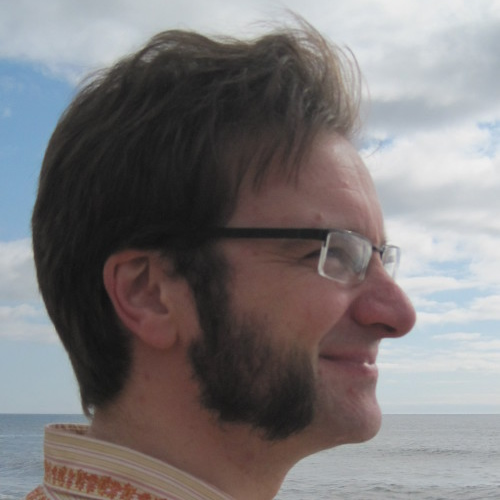
University of Birmingham, UK
Tim Overton
University of Birmingham, UK
Tim Overton is a lecturer in biochemical engineering at the School of Chemical Engineering, The University of Birmingham. His research interests include fermentation development and intensification for the production of recombinant protein drugs and biopolymers, the use of engineered biofilms for biocatalysis and biotransformation, and the use of flow cytometry to monitor and optimise biological processes. He teaches fermentation, cell culture and systems and synthetic biology. He is director of MSc programmes in Biochemical Engineering and Advanced Chemical Engineering. He organises the EFB Applied Synthetic Biology meeting series.
website │ @overtonlab │ email
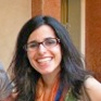
Universidade Nova de Lisboa, Portugal
Cecilia A Roque
Universidade Nova de Lisboa, Portugal
Cecília Roque is an Assistant Professor at Departamento de Química and head of the Biomolecular Engineering Lab at Faculdade de Ciências e Tecnologia, Universidade Nova de Lisboa. She holds a degree in Chemical Engineering (Major in Biotechnology) and a PhD in Biotechnology from Instituto Superior Técnico (Lisbon, PT). Cecília has been a Visiting Scholar at the University of Cambridge (UK) and at the Catholic University of America (US), a Post-doctoral researcher at the Institute of Biotechnology (University of Cambridge, UK) and at INESC-MN (PT). Her research work focus in Biotechnology and sits in the frontiers between chemistry, biology and engineering. Cecília is active on the development of affinity receptors towards important biopharmaceuticals, as well as on the design of smart-responsive platforms for bioseparation processes, biosensing and biomedical applications. Cecília has received several national and international awards and published over 47 papers in peer-reviewed journals.
website │ Research Gate │ email
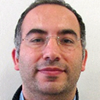
Bilkent University, Turkey
Urartu Seker
Bilkent University, Turkey
Urartu Seker is an Assistant professor in Bilkent University- Materials Science and Nanotechnology Institute. Dr. Seker earned his PhD degree in Molecular Biology-Genetics and Biotechnology Program in Istanbul Technical University and in University of Washington (Visiting graduate student), in 2009. Upon completion of his PhD, he workedas a Postdoctoral Research Fellow in Singapore Nanyang Technological University where he worked on developing biophotonic probes and devices using proteins -quantum dot nanoparticle hybrdis, from 2009-to 2011. Later, he worked as a postdoctoral research associate at MIT Synthetic Biology Research Center, and Research Laboratory of Electronics from 2011 to 2014. During his work at MIT Synthetic Biology Research Center he focused on designing living material systems using synthetic biology tools. Since 2014, he is working as an Assistant professor and leading Synthetic Biosystems Research Laboratory at Bilkent University. His research interests are: synthetic genetic regulation, living material systems, engineered biofilms, whole cell sensors, synthetic biology enabled synthesis of bio/nanomaterials and tissue engineering.
Advisory Board
- Tony Hitchcock.
Cobra Biologics, UK - Diethard Mattanovich.
BOKU, Austria - Victor de Lorenzo.
CNB, Spain - Jens Nielsen.
Chalmers, Sweden
Communications Team
- Matthew Edmundson.
University of Edinburgh, UK - Ian Eggington.
University of Edinburgh, UK - Lukas Mühlbauer.
University of Edinburgh, UK - Parisa Pordelkhaki.
University of Birmingham, UK - Konstantinos Vavitsas.
University of Queensland, Australia